Researchers working on Ireland’s first national survey on suicide bereavement have called for Irish farmers to help with their work.
Over 1,500 people in Ireland have participated so far, but the respondents are mainly women.
Of those who die by suicide in Ireland each year, approximately 75% to 82% are males and the researchers want to hear from men who have lost someone to suicide.
The survey is being conducted by researchers at the National Suicide Research Foundation, led by Dr Eve Griffin, research fellow in collaboration with Healing Untold Grief Groups (HUGG).
Dr Griffin told the Irish Farmers Journal that mens’ experiences with suicide bereavement is needed to help them inform and enhance suicide bereavement support for males.
“We know they are less likely to seek help for their mental health,” she explained.
“We want to ensure we represent the experiences of men impacted by the suicide of someone they know. This could be a friend, family member, partner, neighbour, patient, student, co-worker or client that has died by suicide.”
Farming and suicide
While information on the impact of suicide in the farming community is limited, Dr Griffin pointed out that a 2014 study found that farmers were among the highest risk of suicide in Ireland. Some 12.5% of the suicides recorded in that study were of farmers.
Another study of the 2014 to 2017 period found that there were, on average, 26 deaths by suicide among farmers
Another study of the 2014 to 2017 period found that there were, on average, 26 deaths by suicide among farmers.
Approximately 500 suicides are recorded in Ireland annually, according to the Central Statistics Office.
It is estimated that six family members and up to 135 individuals may be affected by every suicide death. As a consequence, more than 60,000 individuals are believed to be impacted by suicide in Ireland annually.
Isolation
People in rural Ireland are more at risk of suicide, Dr Griffin explained, due to social isolation and fragmentation.
“There are a wide range of factors, but things like living alone, geographic isolation, middle-aged men living alone following divorced or never married, living in sparsely populated areas, are all at play.
"A general lack of connection with broader society, sometimes through relationships, religion or simply geography [are also factors],” she told the Irish Farmers Journal.
Risk to those left behind
Research in the UK has shown that people who lose someone to suicide are at greater risk of suicide than people bereaved by other causes. This is true for friends as well as relatives of the deceased.
Many of these people may experience long-lasting impacts on their physical and mental health, including increased risk of suicidal thoughts and behaviours and a number will require support for their grief.
Early participants in the survey have already highlighted some of the challenges for males seeking support, commenting:
“Being men in our forties, none of us found that easy to do."
"Our culture is to keep going, man up, so males are not inclined to look for this.”
"Making it less of a ‘I'm a man I don't need help’ attitude, think a lot more advertisements etc need to be put out there to help men get the help required."
You can access the anonymous and confidential survey until January 2022 here: www.hugg.ie/suicide-bereavement-survey.
Helplines
If you need to talk to someone or advice, you can contact:
50808: Text HELLO to 50808;
Samaritans: freephone 116 123 or email jo@samaritans.ie;
Irish Hospice Foundation Bereavement Support Line: free phone 1800 807 077.




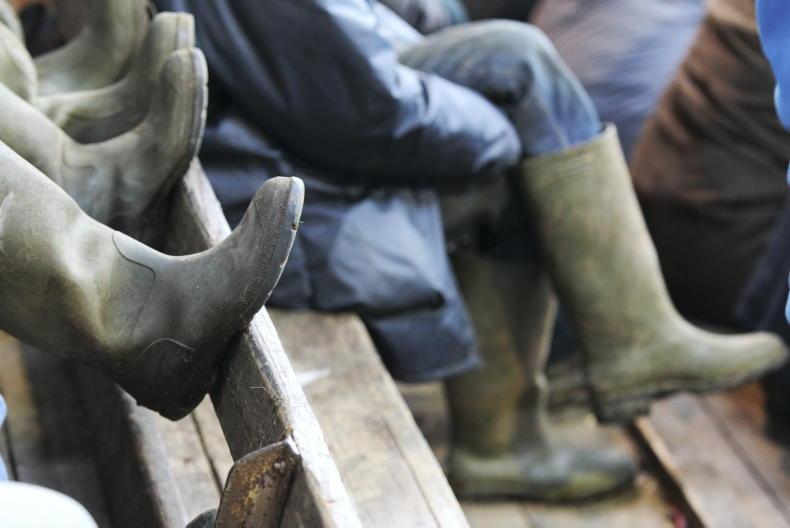
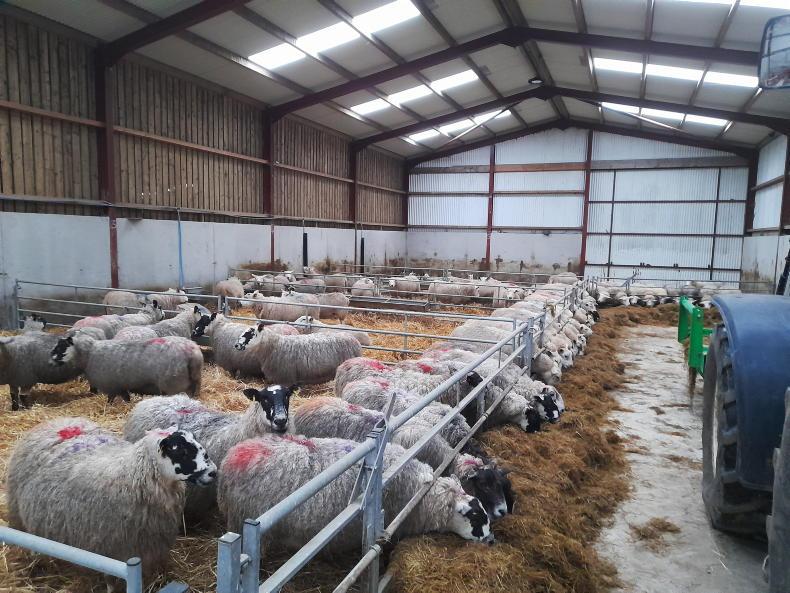

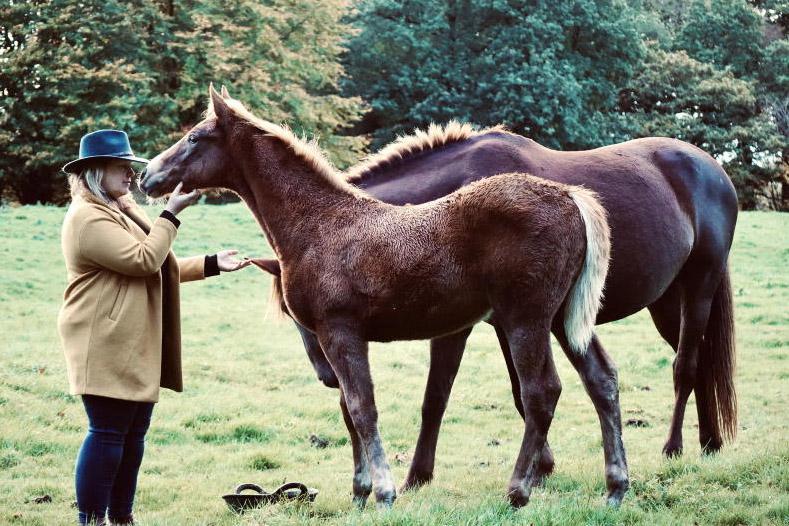
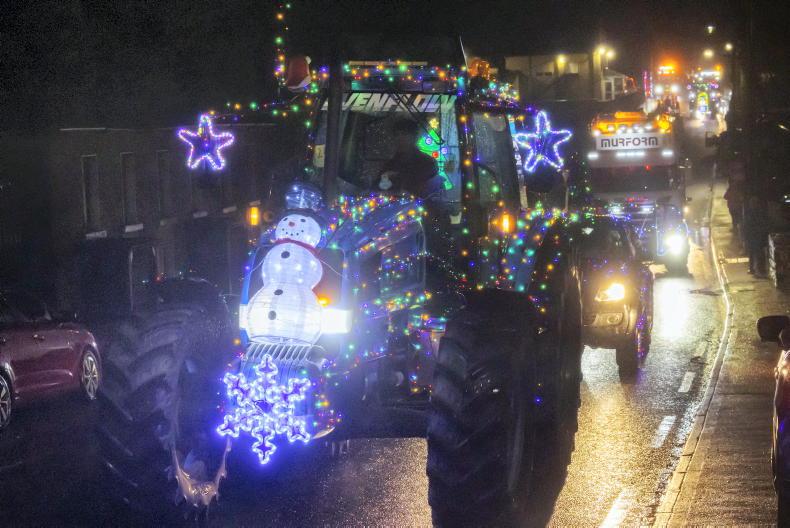
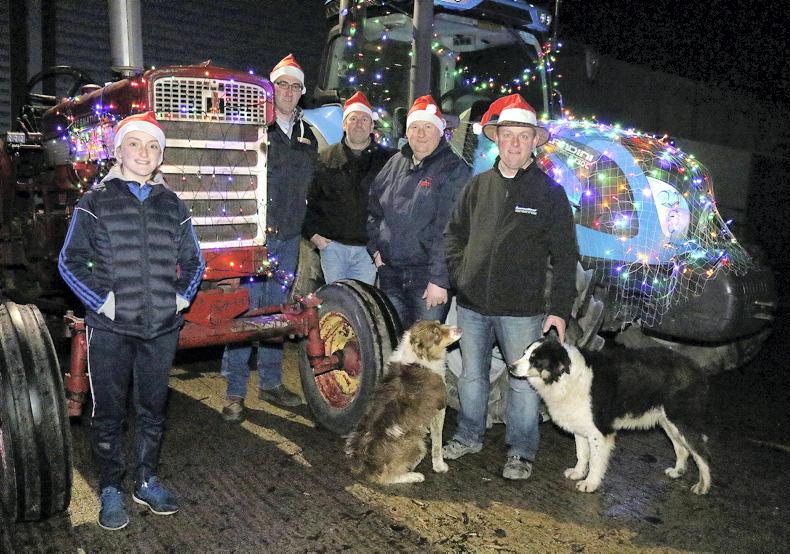
SHARING OPTIONS